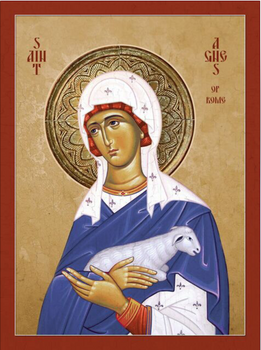The
rural areas of the States have fallen on hard times:
Starting
in the 1980s, the nation’s basket cases were its urban areas—where a toxic stew
of crime, drugs and suburban flight conspired to make large cities the
slowest-growing and most troubled places.
Today, however,
a Wall Street Journal analysis shows that by many key measures of socioeconomic
well-being, those charts have flipped. In terms of poverty, college attainment,
teenage births, divorce, death rates from heart disease and cancer, reliance on
federal disability insurance and male labor-force participation, rural counties
now rank the worst among the four major U.S. population groupings (the others
are big cities, suburbs and medium or small metro areas).
In
fact, the total rural population—accounting for births, deaths and
migration—has declined for five straight years.
--Janet Adamy and Paul
Overberg, https://www.wsj.com/articles/rural-america-is-the-new-inner-city-1495817008?mod=djmc_pkt_ff
Part
of this is due to the disruption of the local farm economy. Its focus has been mostly global rather than
the traditional task of meeting the needs of a household and their neighbors:
The
Farm Belt is hurtling toward a milestone: Soon there will be fewer than two
million farms in America for the first time since pioneers moved westward after
the Louisiana Purchase.
Across
the heartland, a multiyear slump in prices for corn, wheat and other farm
commodities brought on by a
glut of grain world-wide is pushing many farmers further into debt.
Some are shutting down, raising concerns that the next few years could bring
the biggest wave of farm closures since the 1980s.
The
U.S. share of the global grain market is less than half what it was in the
1970s. American farmers’
incomes will drop 9% in 2017, the Agriculture Department estimates,
extending the steepest slide since the Great Depression into a fourth year.
--Jesse Newman and Patrick
McGroarty, https://www.wsj.com/articles/the-next-american-farm-bust-is-upon-us-1486572488?mod=djmc_pkt_ff
But
hope may be on the horizon. The 2018
federal farm bill passed by Congress and signed by President Trump contains a
provision that takes hemp off the federal government’s list of harmful drugs
for the first time since 1937 (when it was lumped in with marijuana in the
Marijuana Tax Act, https://ministryofhemp.com/hemp/history/),
since it contains little to no THC, and allows farmers to cultivate it freely,
provided the State in which they live will likewise allow its being planted.
Already
39 States have some sort of hemp farming pilot program in place under a
provision of the previous federal farm bill passed in 2014:
The
versatility of hemp’s finished products is a source of great promise. Not only could it allow more farmers to stay
on the land, but its industrial applications could also bolster local,
small-scale manufacturing for those who enjoy the mechanical arts.
A wide range of products,
including fibers, textiles, paper, construction and insulation materials,
cosmetic products, animal feed, food, and beverages all may use hemp. The plant
is estimated to be used in more than 25,000
products spanning nine markets: agriculture, textiles, recycling,
automotive, furniture, food/nutrition/beverages, paper, construction materials
and personal care.
--Ibid.
The
numbers being predicted in the hemp market help strengthen those promises:
The U.S. hemp market
pulled in $820 million in sales in 2017, according to Hemp Business Journal. Because selling
American hemp is still largely restricted, parts of the market are highly
reliant on products imported from China and Canada. With growth projected at
almost $2 billion by 2022, optimism that American growers can take a chunk of
this market share is abundant.
--Alexander Nieves, https://www.politico.com/story/2018/08/15/agriculture-hopes-hemp-legislation-will-finally-go-through-778736
A
balanced, farm-based, local economy could thus potentially be restored in many
places. The shaded areas of this map
show where hemp can be grown in the lower 48 States: . . .
--
Holy Ælfred the Great, King of England,
South Patron, pray for us sinners at the Souð,
unworthy though we are!
Anathema to the Union!
